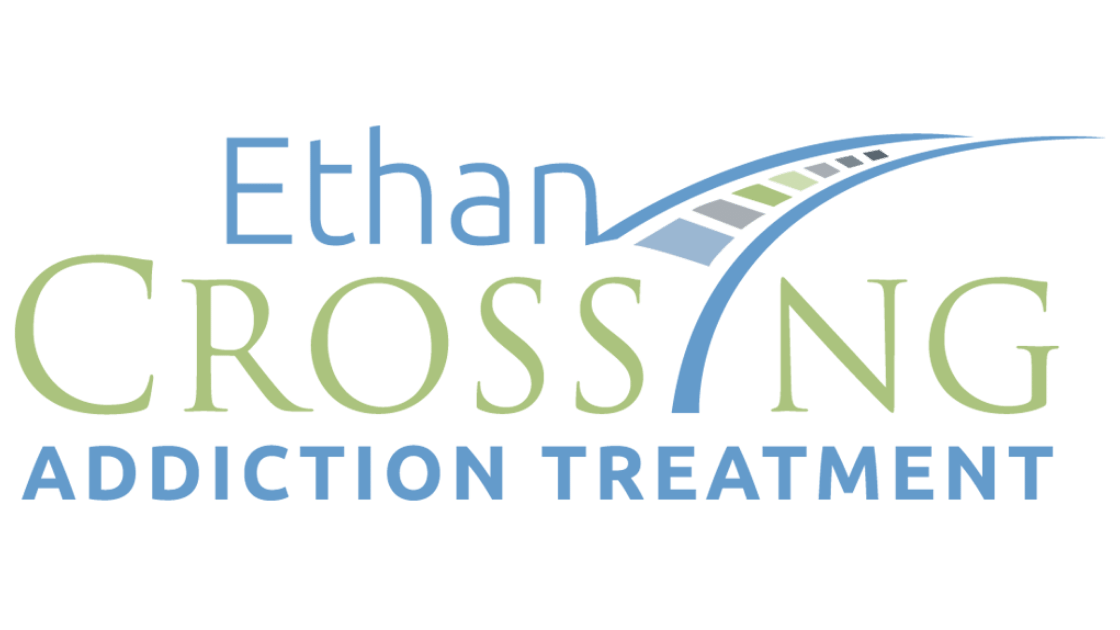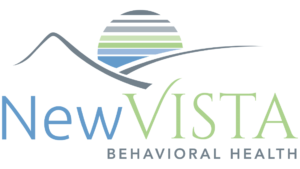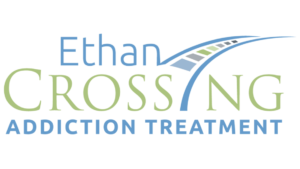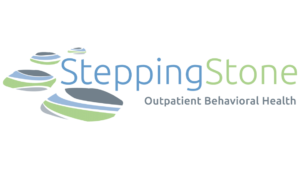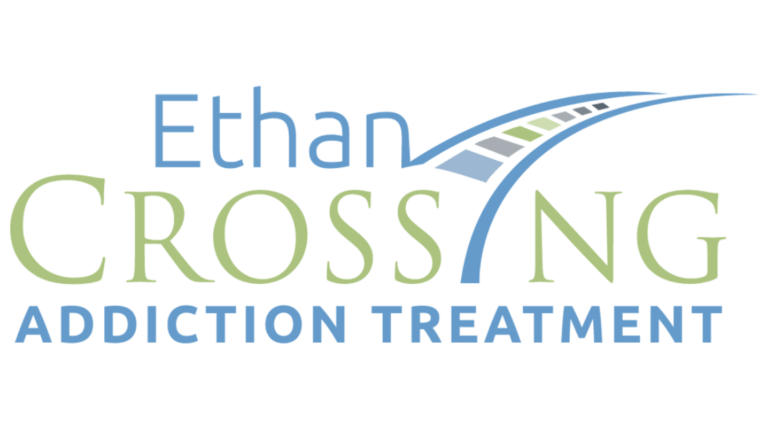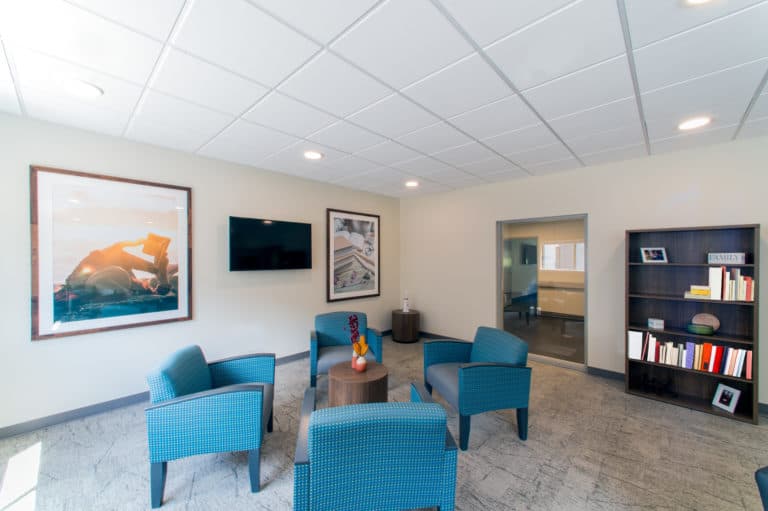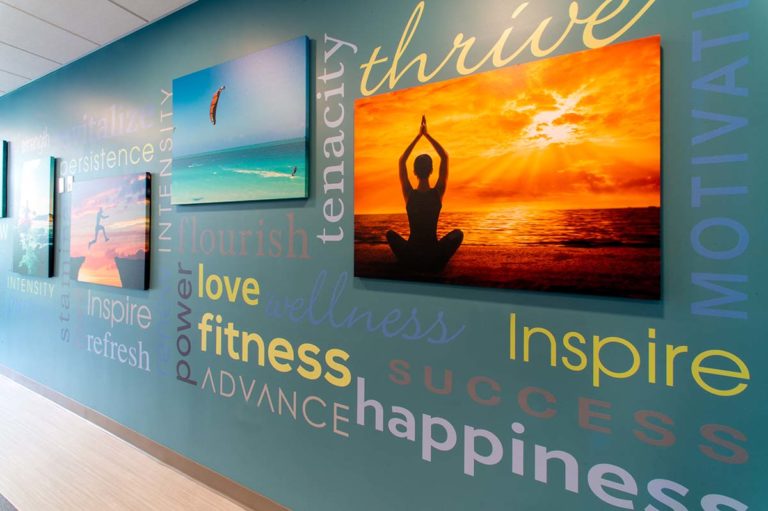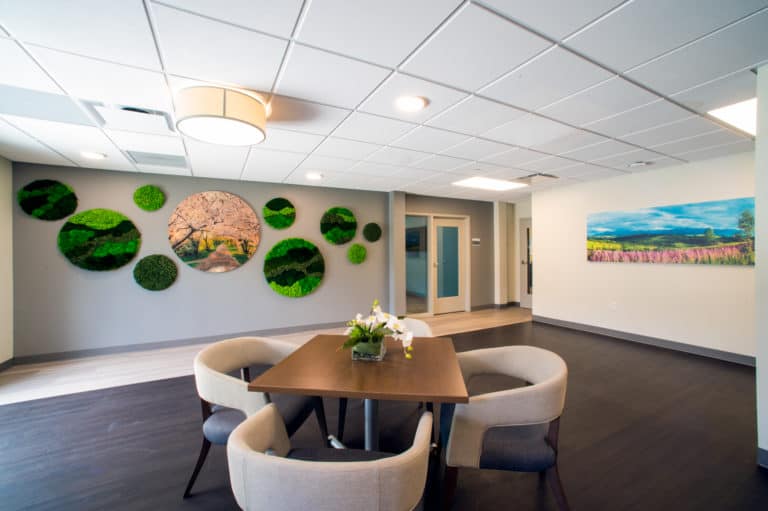What Is Family Therapy?
Medical professionals consider addiction a family disease. This is because addiction affects every member of the family. Chemical dependency is accompanied by feelings of shame, embarrassment, or low self-esteem. People who have suffered trauma may turn to drugs or alcohol as a form of self-medication. The resulting family dynamic is not healthy for anyone in the family.
Parents, siblings, and spouses who are affected by an addicted loved one may suffer. When they try to help their loved ones, they become enablers instead. This results in giving the disease longevity and power. Chemical dependency also creates a lot of strong feelings among family members. Anger, accusations, and disappointment are not uncommon. A group therapy program gives every family member a safe place to speak and work through family dynamics and relationships together in a healthy way.
Why Is Family Therapy Important?
Family therapy will help prevent loving family members from unknowingly enabling the addiction. Helping a loved one find a family therapy program will improve communication with one another. It will also provide the family with clear goals. Other advantages to inviting family to therapy include:
- Help hold each family member accountable for their actions
- Identifying and discontinuing behaviors that trigger self-medication
- Bringing structure to the family unit
- Changing destructive family patterns
- Providing a safe, neutral place for communication to happen
How Does Family Therapy Work?
Facilities that include family members as a part of the healing process often provide better, longer-lasting results. Here are examples of what you can expect as part of the process:
- Evaluate your family’s ability to solve problems and express thoughts and emotions in a healthy, productive manner.
- Identify key roles and behavior patterns of individual family members.
- Recognize your family’s strengths and weaknesses.
- Learn skills to cope with challenging situations in a more effective way.
Find Help Through Our Treatment Programs
If you feel your family might benefit from a family therapy program, reach out to Ethan Crossing today. We provide a range of addiction treatment center programs to help your loved one overcome addiction.
